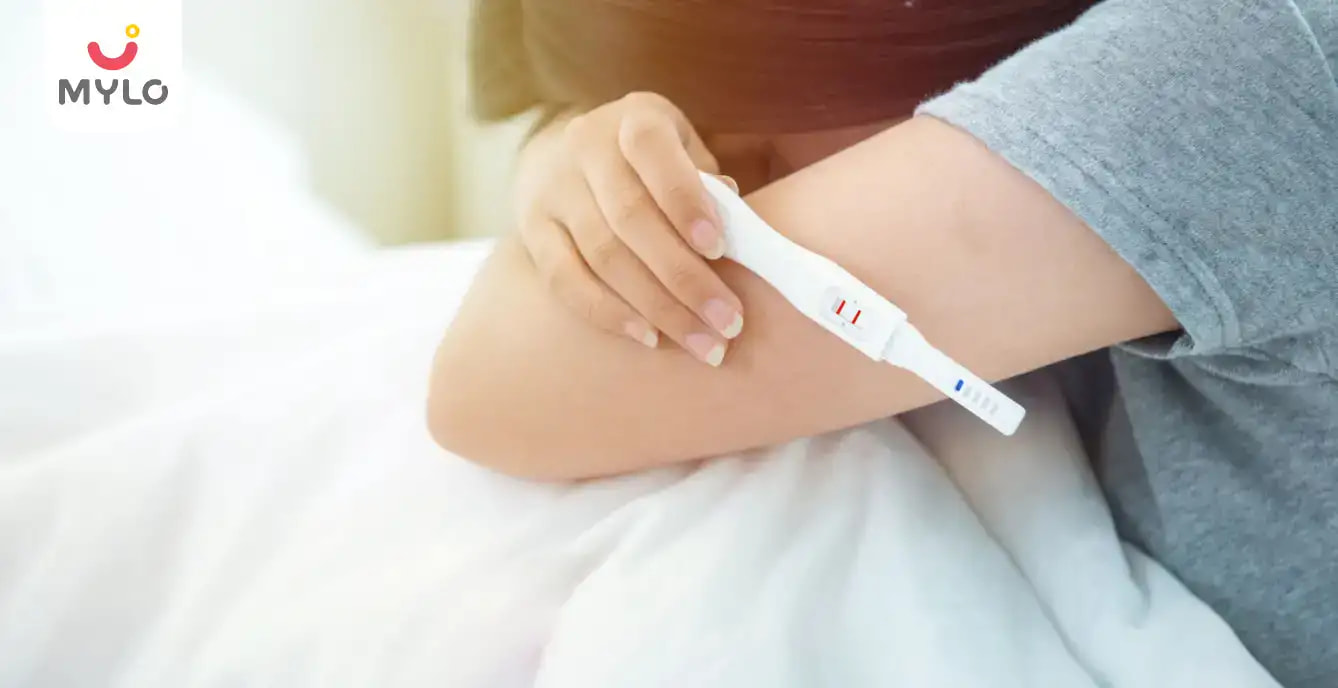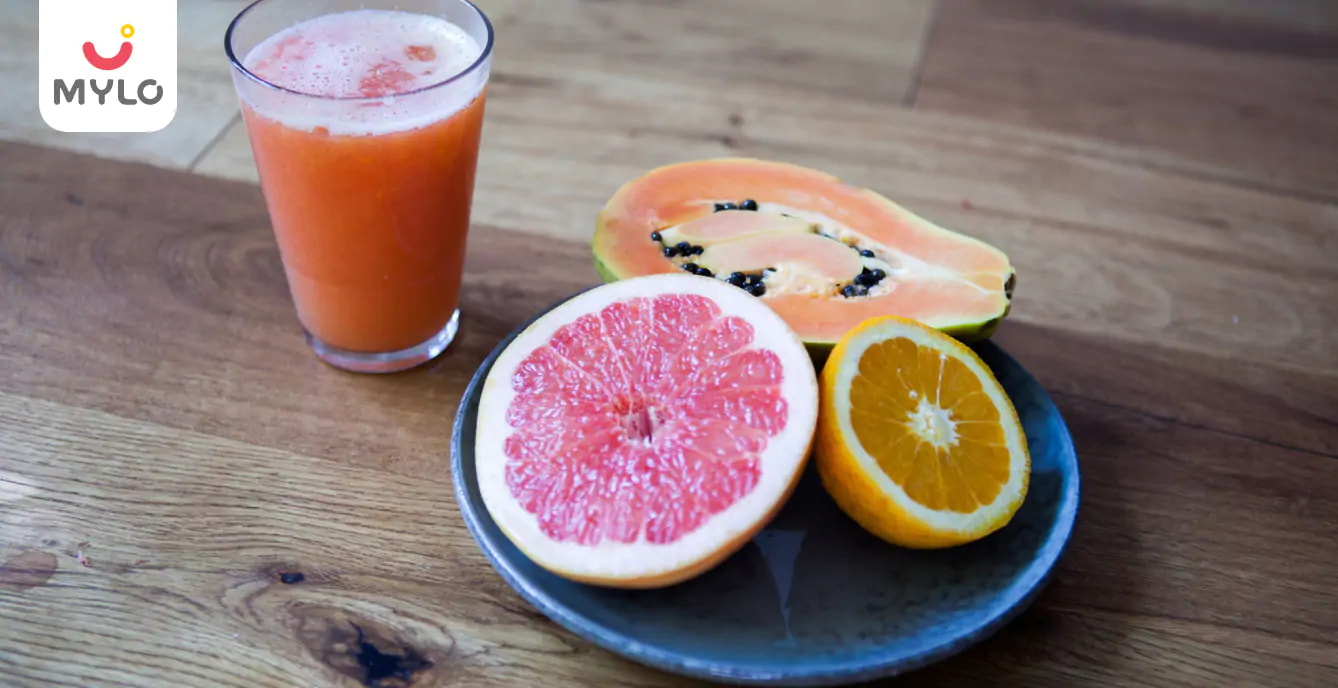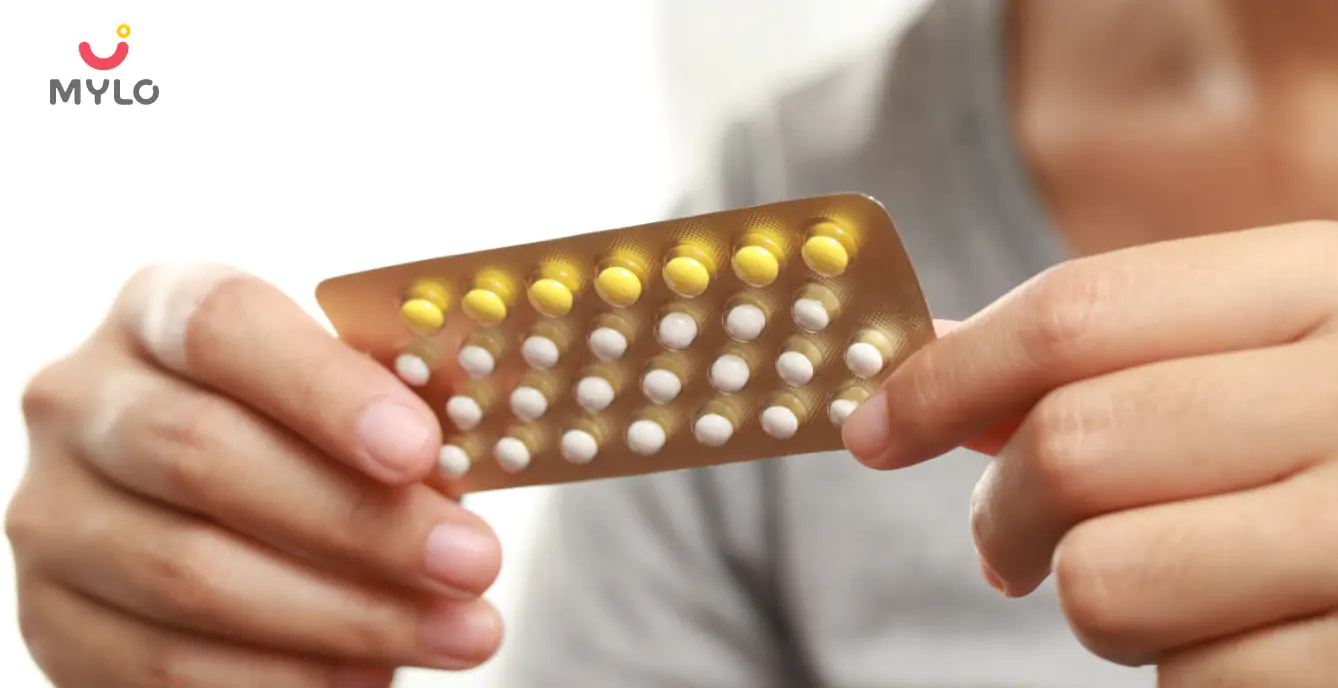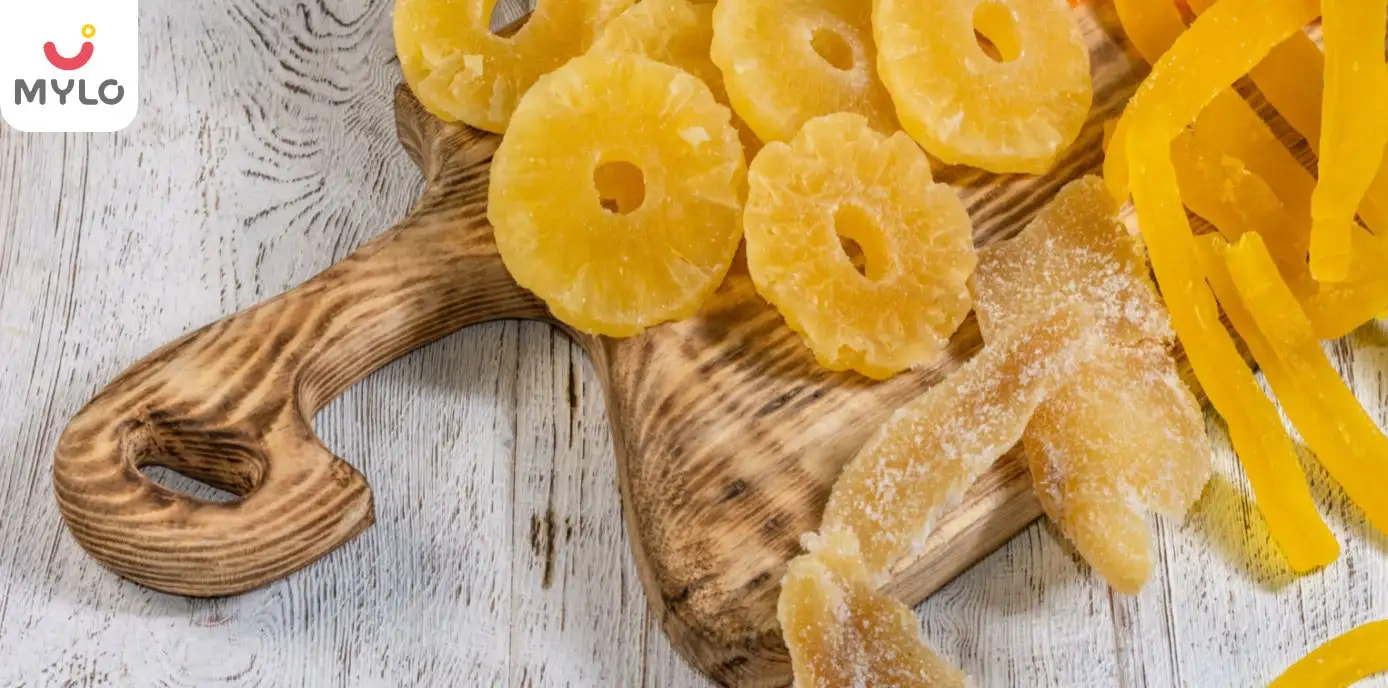Home

Contraceptive

How to Calculate Safe Days to Avoid Pregnancy?
In this Article
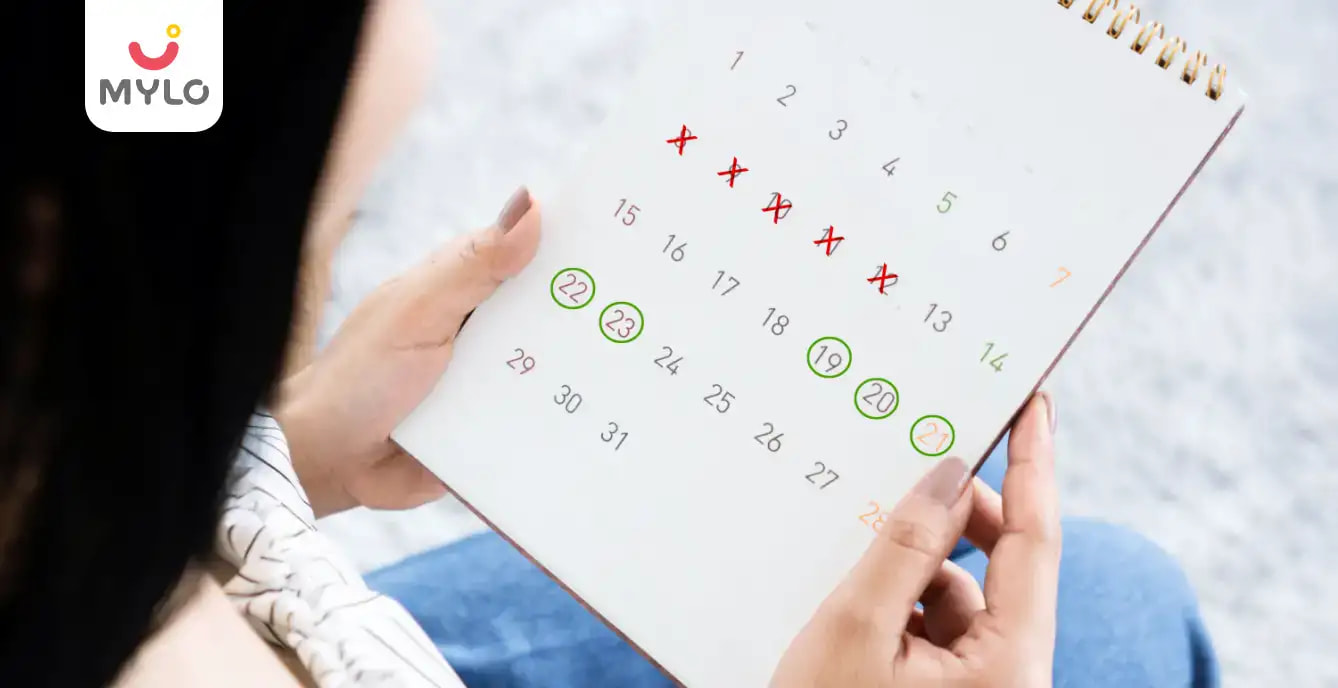
Contraceptive
How to Calculate Safe Days to Avoid Pregnancy?
Updated on 3 November 2023
Most people imagine that condoms must be the only way to avoid unwanted pregnancies. While condoms are a reliable form of contraception, you may want to know more about a natural method to prevent pregnancy. Unplanned pregnancies can have a lasting impact on individuals and their families, so it is important to be informed about contraception and the methods of calculating safe days to avoid pregnancy.
What is calendar method?
The calendar method is a safe and effective way to prevent pregnancy without the need for any hormonal contraceptives. It is a natural approach to family planning that relies on monitoring the menstrual cycle and identifying the days that are safe for intercourse. This method requires you to keep track of your period and look for patterns in your cycle to determine when ovulation is likely to occur. The “safe days” are the days before and immediately after ovulation when the chances of conception are low.
The calendar method is considered a reliable and safe way to avoid pregnancy when used correctly. It is best used in combination with other forms of contraception, such as condoms, to ensure maximum safety. However, it is important to note that the calendar method is not a reliable form of protection against sexually transmitted infections.
How to use the calendar method?
To use the calendar method, start by tracking your menstrual cycle for several months. Note the first day of your period, the length of your cycle, and any other changes or irregularities. Once you have a few months of data, you can begin to predict when you are most likely to become pregnant.
Once you have determined when you are most likely to ovulate, you can use this information to schedule your safe days after periods. To do this, you must count back from the estimated day of ovulation and identify the days before and after ovulation when you are least likely to get pregnant.
How do ovulation and pregnancy work?
Ovulation and pregnancy are two important processes that need to be understood in order to prevent, or plan for, a pregnancy. Ovulation is the process in which an egg is released from the ovary and into the fallopian tubes. This usually occurs about 14 days before the start of the next menstrual period. If the egg is fertilized by a sperm during this period, it will travel down the fallopian tube to the uterus and implant itself in the uterine lining, resulting in pregnancy.
Determining safe days to prevent pregnancy starts with understanding when ovulation occurs and avoiding sexual intercourse during this time. At the same time, it is important to keep in mind that sperms can survive for up to five days in the reproductive tract, so if you have sex close to ovulation there is still a chance of pregnancy.
For those who want to become pregnant, timing sexual intercourse around ovulation is important, as this is the time the egg is released and the best chance of fertilization. If an egg is not fertilized, it will break down and be shed during the menstrual period.
No matter your goals, understanding how ovulation and pregnancy work is an important step in understanding and managing your reproductive health.
What are the best times to have sex using the calendar method?
Generally, the first day of your period marks the beginning of your cycle and the last day is the end. The first five days of your menstrual cycle are considered unsafe days for intercourse if you are trying to prevent pregnancy. The next seven days, starting from the sixth day of your cycle is the safe period to avoid pregnancy since ovulation usually occurs around the 14th day of your cycle.
Is it safe to have sex during periods?
Having sex during your period can be a safe and enjoyable experience. During your period, your chances of becoming pregnant are lower than usual. However, it is still possible to become pregnant if sperm remains active inside your body. To reduce the likelihood of pregnancy, it is important to use a form of contraception such as a patch or a pill in addition to practicing the safe period method.
Overall, calculating safe period days is a natural birth control technique for preventing pregnancy, although it is important to remember that factors such as stress, changes in diet, and even certain medications can all affect your cycle and the accuracy of the calendar method.
Ultimately, the best way to prevent pregnancy is to use a reliable form of contraception in addition to this method. Understanding how to calculate safe days to avoid pregnancy can, however, help give you peace of mind and empower you to take control of your reproductive health. Reach out to your gynecologist for further guidance on safe days to avoid pregnancy.



Written by
Sanju Rathi
A Postgraduate in English Literature and a professional diploma holder in Interior Design and Display, Sanju started her career as English TGT. Always interested in writing, shetook to freelance writing to pursue her passion side by side. As a content specialist, She is actively producing and providing content in every possible niche.
Read MoreGet baby's diet chart, and growth tips

Related Articles
RECENTLY PUBLISHED ARTICLES
our most recent articles

Diet & Nutrition
গর্ভাবস্থায় আলুবোখরা: উপকারিতা ও ঝুঁকি | Prunes During Pregnancy: Benefits & Risks in Bengali

Diet & Nutrition
গর্ভাবস্থায় হিং | ঝুঁকি, সুবিধা এবং অন্যান্য চিকিৎসা | Hing During Pregnancy | Risks, Benefits & Other Treatments in Bengali

Women Specific Issues
স্তনের উপর সাদা দাগ: লক্ষণ, কারণ এবং চিকিৎসা | White Spots on Nipple: Causes, Symptoms, and Treatments in Bengali

Diet & Nutrition
গর্ভাবস্থায় পোহা: উপকারিতা, ধরণ এবং রেসিপি | Poha During Pregnancy: Benefits, Types & Recipes in Bengali

Diet & Nutrition
গর্ভাবস্থায় মাছ: উপকারিতা এবং ঝুঁকি | Fish In Pregnancy: Benefits and Risks in Bengali

Diet & Nutrition
গর্ভাবস্থায় রেড ওয়াইন: পার্শ্ব প্রতিক্রিয়া এবং নির্দেশিকা | Red Wine During Pregnancy: Side Effects & Guidelines in Bengali
- ইনার থাই চ্যাফিং: কারণ, উপসর্গ এবং চিকিৎসা | Inner Thigh Chafing: Causes, Symptoms & Treatment in Bengali
- গর্ভাবস্থায় ব্রাউন রাইস: উপকারিতা ও সতর্কতা | Brown Rice During Pregnancy: Benefits & Precautions in Bengali
- Velamentous Cord Insertion - Precautions, Results & Safety
- Unlock the Secret to Flawless Skin: 7 Must-Have Qualities in a Face Serum
- Unlock the Secret to Radiant Skin: How Vitamin C Serum Can Transform Your Complexion
- Gender No Bar: 10 Reasons Why Everyone Needs a Body Lotion
- Unlock the Secret to Radiant Skin How to Choose the Perfect Body Lotion for Your Skin Type
- Top 10 Reasons to Apply a Body Lotion After Every Bath
- Communication in Toddlers: Milestones & Activities
- How to Improve Vocabulary for Toddlers?
- A Comprehensive Guide to Understanding Placenta Accreta
- Vulvovaginitis in Toddlers Causes, Symptoms and Treatment
- A Comprehensive Guide to Understanding Cerebral Palsy in Children
- Bitter Taste in Mouth During Pregnancy: Understanding the Causes and Remedies


AWARDS AND RECOGNITION

Mylo wins Forbes D2C Disruptor award

Mylo wins The Economic Times Promising Brands 2022
AS SEEN IN

- Mylo Care: Effective and science-backed personal care and wellness solutions for a joyful you.
- Mylo Baby: Science-backed, gentle and effective personal care & hygiene range for your little one.
- Mylo Community: Trusted and empathetic community of 10mn+ parents and experts.
Product Categories
Baby Carrier | Baby Soap | Baby Wipes | Stretch Marks Cream | Baby Cream | Baby Shampoo | Baby Massage Oil | Baby Hair Oil | Stretch Marks Oil | Baby Body Wash | Baby Powder | Baby Lotion | Diaper Rash Cream | Newborn Diapers | Teether | Baby Kajal | Baby Diapers Pants | Cloth Diapers | Laundry Detergent | Lactation Granules |



